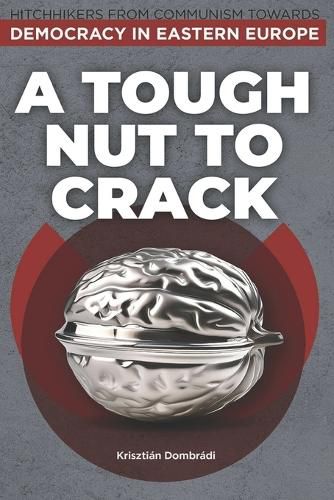Readings Newsletter
Become a Readings Member to make your shopping experience even easier.
Sign in or sign up for free!
You’re not far away from qualifying for FREE standard shipping within Australia
You’ve qualified for FREE standard shipping within Australia
The cart is loading…






Eastern Europe. In 1989, the Berlin Wall fell and the beleaguered states on the far side of the Iron Curtain turned their weary but hopeful gazes to the West. The transition from communism to democracy hit harder than expected, however. Hungarian novelist Krisztia?n Dombra?di offers a portrait of this era of change from the perspective of the average person on the street. What makes this novel particularly engaging is that it sets aside discussion of political theories and focuses instead on the ways in which people adapted to a flood of new expectations and new rules in a country suddenly thrown into the global free market. The new political and social structures that emerged in Central Europe in the early 1990s created dramatic conflicts of values across generations. Dombra?di sets aside the almost innumerable political theories concerning the pros and cons of this transition and instead crafts a depiction of the era against the backdrop of the social conflicts that emerged as people grappled with the difficulties of everyday life.
$9.00 standard shipping within Australia
FREE standard shipping within Australia for orders over $100.00
Express & International shipping calculated at checkout
Eastern Europe. In 1989, the Berlin Wall fell and the beleaguered states on the far side of the Iron Curtain turned their weary but hopeful gazes to the West. The transition from communism to democracy hit harder than expected, however. Hungarian novelist Krisztia?n Dombra?di offers a portrait of this era of change from the perspective of the average person on the street. What makes this novel particularly engaging is that it sets aside discussion of political theories and focuses instead on the ways in which people adapted to a flood of new expectations and new rules in a country suddenly thrown into the global free market. The new political and social structures that emerged in Central Europe in the early 1990s created dramatic conflicts of values across generations. Dombra?di sets aside the almost innumerable political theories concerning the pros and cons of this transition and instead crafts a depiction of the era against the backdrop of the social conflicts that emerged as people grappled with the difficulties of everyday life.